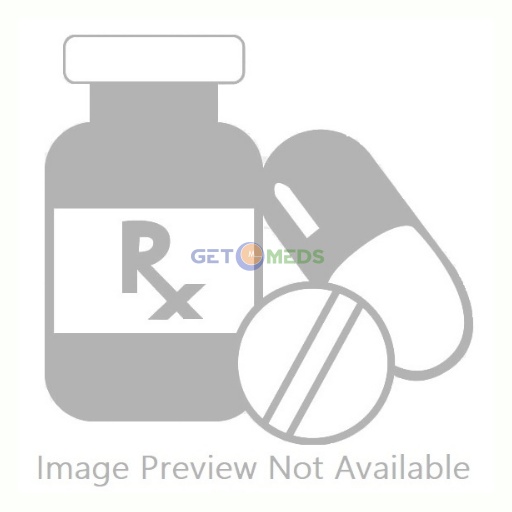All Details About THIAZOE
Find out detailed description, uses, directions of use, side effects, warnings and precautions, frequently asked questions about THIAZOE
Description:
THIAZOE Injection is a supplement of vitamin B1. It is used in the treatment of vitamin B1 deficiency. It is an important nutrient which helps the body to perform various functions. It can also be helpful in digestive problems including poor appetite, ulcerative colitis, and ongoing diarrhea.
THIAZOE Injection is given under the supervision of a healthcare professional and should not be self-administered. You should take it regularly to get the most benefit from it. This medicine may be only part of a complete program of treatment that also includes making changes to your diet and taking calcium and vitamin supplements.
Uses:
- THIAZOE Injection is prescribed to treat vitamin B1 deficiency.
- Inform your doctor if you develop any allergic reactions or skin irritations.
- Let your doctor know if you are pregnant or breastfeeding.
Directions For Use:
Your doctor or nurse will give you this medicine. Kindly do not self administer.
Side Effects:
- Injection site reactions (pain, swelling, redness)
- Allergic reaction
- Skin irritation
- Cough
- Decreased blood pressure
Warning & Precautions:
Before taking this medicine, let your doctor know if you have any heart, kidney, or liver disease. Some other medicines can decrease the absorption of vitamins so let your doctor know all other medicines you are taking to make sure you are safe. It is important to ask your doctor's advice before taking any other vitamin supplements.
FAQs:
Q. What is THIAZOE Injection?
THIAZOE Injection is a supplement of thiamine. Thiamine is also known as Vitamin B1. The medicine is used in the treatment of low levels of thiamine in the body. It protects the body from conditions which are caused due to low levels of thiamine such as heart, brain and nerve disorders.
Q. What does THIAZOE Injection do?
THIAZOE Injection contains vitamin B1. This vitamin is needed to process carbohydrates, fat and protein in the body. Our body requires vitamin B1 to form the fuel the body runs on i.e., adenosine triphosphate (ATP). THIAZOE Injection provides the necessary dose of vitamin B1 which is used by nerve cells in order to function normally.
Q. Who all are more likely to have deficiency of THIAZOE Injection?
The levels of vitamin B1 in our body decline with age, irrespective of medical condition. Deficiency is most commonly found in alcoholics, people with malabsorption conditions, and those eating a very poor diet. It is also common in children with congenital heart disease. Individuals undergoing regular kidney dialysis may develop severe vitamin B1 deficiency, which can result in potentially fatal complications. So, it is advisable that persons receiving dialysis should discuss the need for THIAZOE Injection with their physician.
Disclaimer:
Getomeds primary intention is to ensure that its consumers get information that is reviewed by experts, accurate, and trustworthy. The information and contents of this website are for informational purposes only. They are not intended to be a substitute for professional medical advice, diagnosis, or treatment. Please seek the advice of your doctor and discuss all of your concerns about any disease or medication. Do not disregard or postpone seeking professional medical advice because of something you read on Getomeds. Our mission is to support, not replace, the doctor-patient relationship.
